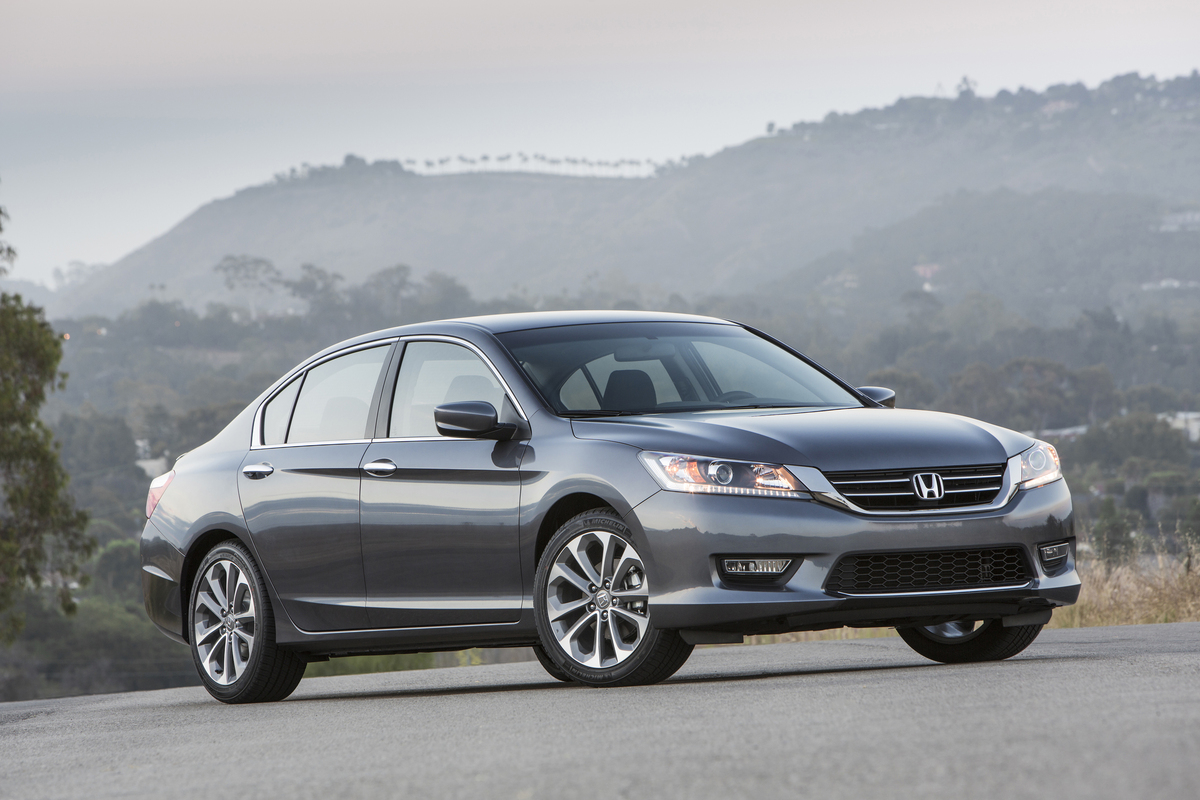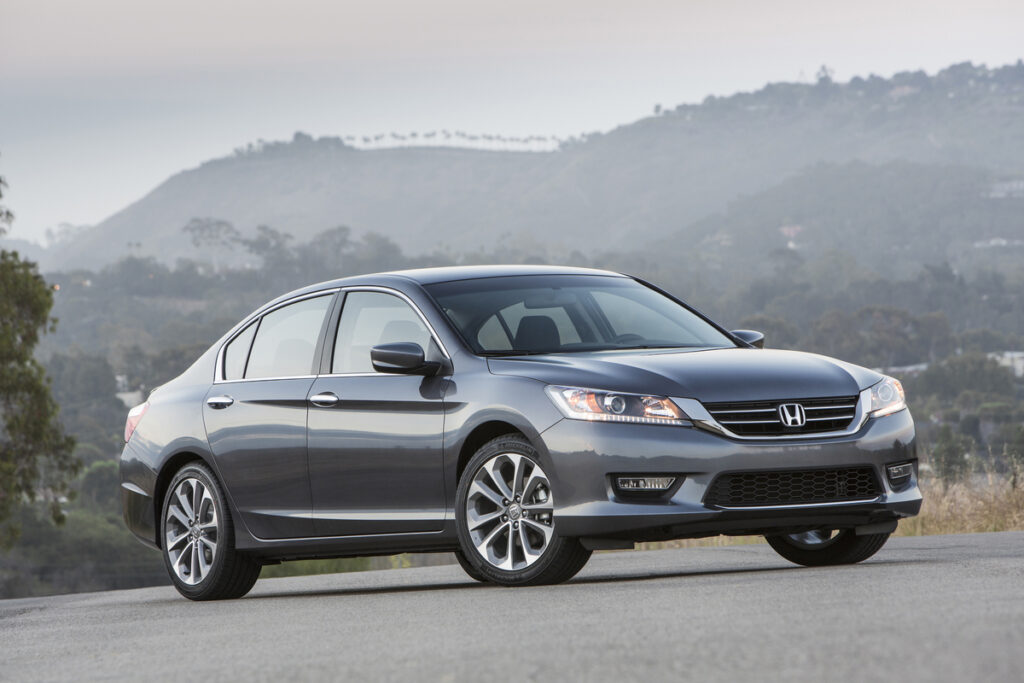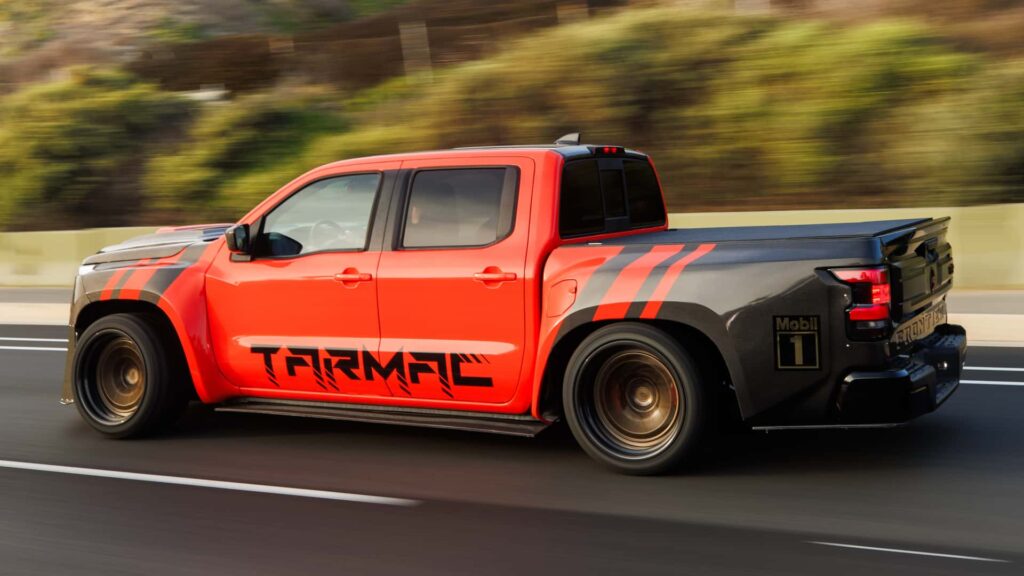
The Honda Accord has been a beloved staple on American roads since 1976 when it first debuted in the U.S. market. Known for its reliability, fuel efficiency, and solid performance, the Accord quickly became a top choice for drivers looking for a sedan that could go the distance. Over the years, it earned a reputation as a family-friendly vehicle with outstanding resale value, making it a smart investment for many. However, not all Accord model years have met drivers’ expectations. Some have had significant issues that can affect longevity and satisfaction, especially in the used car market. This list will cover seven Honda Accord years to avoid.
Based on consumer complaints, reliability ratings, and owner feedback, these are the model years where problems might have outweighed the benefits.
2003 Honda Accord
The 2003 Honda Accord stands out for its reliability problems, particularly regarding transmission issues. CarComplaints reports a high number of automatic transmission failures, which can be costly to repair. According to Consumer Reports, owners faced issues as early as 90,000 miles, which is relatively low mileage for an Accord. The repairs often cost around $2,700 to $3,500, making this model year an expensive gamble. Other complaints included premature brake wear and electrical system glitches, contributing to lower overall owner satisfaction.
2008 Honda Accord
The 2008 Honda Accord introduced a new design but unfortunately came with notable drawbacks. Owners on CarComplaints have highlighted excessive oil consumption as a primary issue. This problem required frequent oil top-ups, leading to frustration and higher maintenance costs. Consumer Reports also noted complaints about uncomfortable seats, which caused driver fatigue on longer journeys. While the car’s handling and performance were praised, the frequent need for oil maintenance and other reliability concerns make the 2008 Accord one to skip.
2010 Honda Accord
The 2010 Accord continued the trend of oil consumption issues, leading to increased maintenance demands for owners. Excessive oil consumption often stems from piston ring problems, which can become a costly repair if left unchecked. CarComplaints lists this as a common issue that drivers encountered as early as 50,000 miles. Consumer Reports also noted complaints about premature brake wear, which was frustrating for owners. Combined, these issues led to below-average owner satisfaction, making the 2010 Accord one to avoid on the used car market.
2013 Honda Accord
While the 2013 Accord earned praise for its fuel efficiency and modern features, it also came with numerous reliability concerns. Many drivers reported issues with the CVT transmission, which can result in high repair bills if it fails. J.D. Power noted that complaints about the CVT were not uncommon, particularly around 60,000 miles. Electrical problems also plagued this model, leading to malfunctioning infotainment systems and failing power door locks. While some drivers enjoyed the car’s performance, the 2013 Accord’s reliability issues make it a risky choice.
2014 Honda Accord
The 2014 Accord continued to see problems with its CVT transmission, which was prone to shuddering and stalling. CarComplaints highlighted that the transmission’s issues often began early in the car’s life, frustrating owners who expected Honda’s usual dependability. Additionally, some owners reported issues with the starter motor, which could fail without warning, resulting in an inability to start the car. With these persistent reliability issues, the 2014 Accord has become a model year best avoided by those looking for peace of mind on the road.
2015 Honda Accord
The 2015 Honda Accord faced many of the same issues as the 2014 model, particularly with the CVT transmission. Owners reported hesitation during acceleration and, in some cases, complete transmission failure. Consumer Reports noted that these problems occurred as early as 40,000 miles, leading to costly repairs. Other complaints included issues with the air conditioning system, which frequently malfunctioned and required expensive repairs to restore. While the 2015 Accord had an appealing design and solid fuel efficiency, its recurring issues make it a questionable choice in the used market.
2018 Honda Accord
The 2018 Accord introduced a new turbocharged engine, which initially excited fans but ultimately disappointed many. CarComplaints notes that the 2018 Accord faced several engine-related issues, including fuel injector problems and difficulty starting the vehicle in cold weather. In addition, the infotainment system was problematic for many owners, who experienced screen freezes and connectivity issues with Apple CarPlay and Android Auto. While some enjoyed the new tech features, the repair costs and inconvenience of these issues led to lower satisfaction. The 2018 model is one to avoid if you prioritize reliability over cutting-edge features.
If you’re looking for a good used Accord, be sure to check out MotorBiscuit’s seamless car buying tool to compare prices and find the best deal in your area.
While the Honda Accord is generally a reliable and well-loved sedan, these seven model years have proven to be more problematic than others. From costly transmission failures to frustrating oil consumption and electrical issues, these models didn’t meet the brand’s high standards. Consider looking at years outside of this list to find an Accord that delivers the reliability and satisfaction that Honda is known for.


